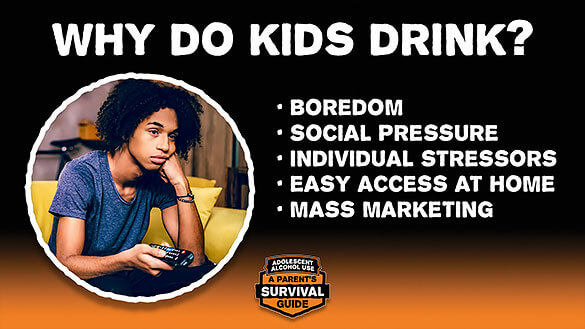Alcohol Prevention
Introduction
In Sacramento County, alcohol is the number one substance of abuse among teens, according to the California Healthy Kids Survey. Teens are drinking too much, too early, and too often. The Sacramento County Coalition for Youth was created to reduce these statistics and create strong and lasting community change through projects such as limiting youth access to alcohol, socially and through merchant education.
Get the Facts:
- A young person’s brain is not fully developed until they reach their mid- to late-20s, and any drinking while the brain is still developing can be problematic. Regardless of age, alcohol lowers inhibitions and impairs judgment and coordination. It can also increase the incidence of aggressive or violent acts.
- Consuming large quantities in a short period of time — or binge drinking, which is defined as having 4-5 drinks on one occasion and is common among young people — can cause alcohol poisoning and even death.
- Prolonged, heavy use of alcohol can lead to addiction, liver and heart disease, and other health consequences such as a weakened immune system and increased risk of developing certain cancers.
- More than 16 million Americans misuse or are addicted to alcohol, which is a substance that is legal, widely available and normalized in our society.
Tips for Teens:
- Don’t believe the hype – most teens do not drink alcohol. Research shows that almost 80% of 12-20 year olds have not had a drink in the last 30 days.
- Alcohol is not a good way to loosen up at parties – in fact it could make you look foolish, say things you wouldn’t say and do things you normally would not do. Drinking can also increase the likelihood of sexual assault and fights.
- Alcohol is not less harmful than other substances. The brain doesn’t stop growing and developing until age 25 and using alcohol can harm its development. Alcohol can also increase the risk of getting other diseases, such as cancer.
- What’s the big deal about waiting until age 21 to drink? People who begin drinking before they turn 15 are over 70% more likely to develop a drinking problem at some point in their lives than those who wait until they are 21 to drink.
Resources:


